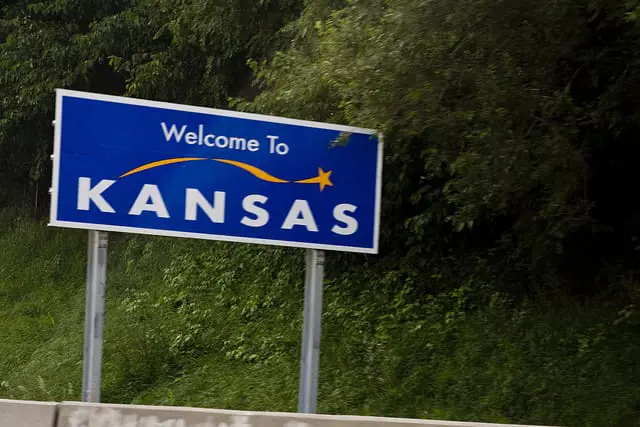New Kansas sports betting bill omits integrity fee
Kansas lawmakers are to run the rule over a new bill that would legalise sports betting in the state, but omits the integrity fee proposed by a competing bill.

Kansas lawmakers are to run the rule over a new bill that would legalise sports betting in the state, but omits the integrity fee proposed by a competing bill. Filed by the Committee on Federal and State Affairs, Senate Bill 222 would allow the Kansas Racing and Gaming Commission to issue licences to gaming facilities and racetracks interested in offering sports wagering services. Punters would be able to place bets in-person at licensed venues, as well online or via mobile from anywhere inside the state’s boundaries. Wagering would be permitted on all professional and collegiate events. In order to apply for a licence, the venue in question would need to be approved by the Kansas Lottery. The bill does not state how much licences would cost. Licensees would be permitted to enter into a management contract with a third-party partner, subject to approval from the Commission. The bill said any management contract would be subject to a provision whereby the state would receive 6.75% of sports wagering revenue. This would be paid into the Lottery Act Revenues Fund. The bill also sets out measures for consumers to voluntarily exclude themselves from sports betting, with licensed operators required to abide by their wishes.
In January, Senate Bill No.23, also known as the Kansas Wagering Act, was also put forward, setting out plans for the Kansas Lottery to offer sports betting in-person, via the internet and on mobile. However, unlike the new bill, SB23 sets out provisions for licensed sports betting operators to pay a ‘sports betting right’ and ‘integrity fee’ to each sports governing body with the authority over a sports event on which bets are placed. This would be payable at the end of each quarter, on July 1, October 1, January 1 and April 1. Operators would pay an amount equal to 0.25% of the aggregate total wagered on sports events. However, the bill also sets out that this amount should not exceed 5% of the aggregate gross revenue on wagers in each quarter.Image: CGP Grey